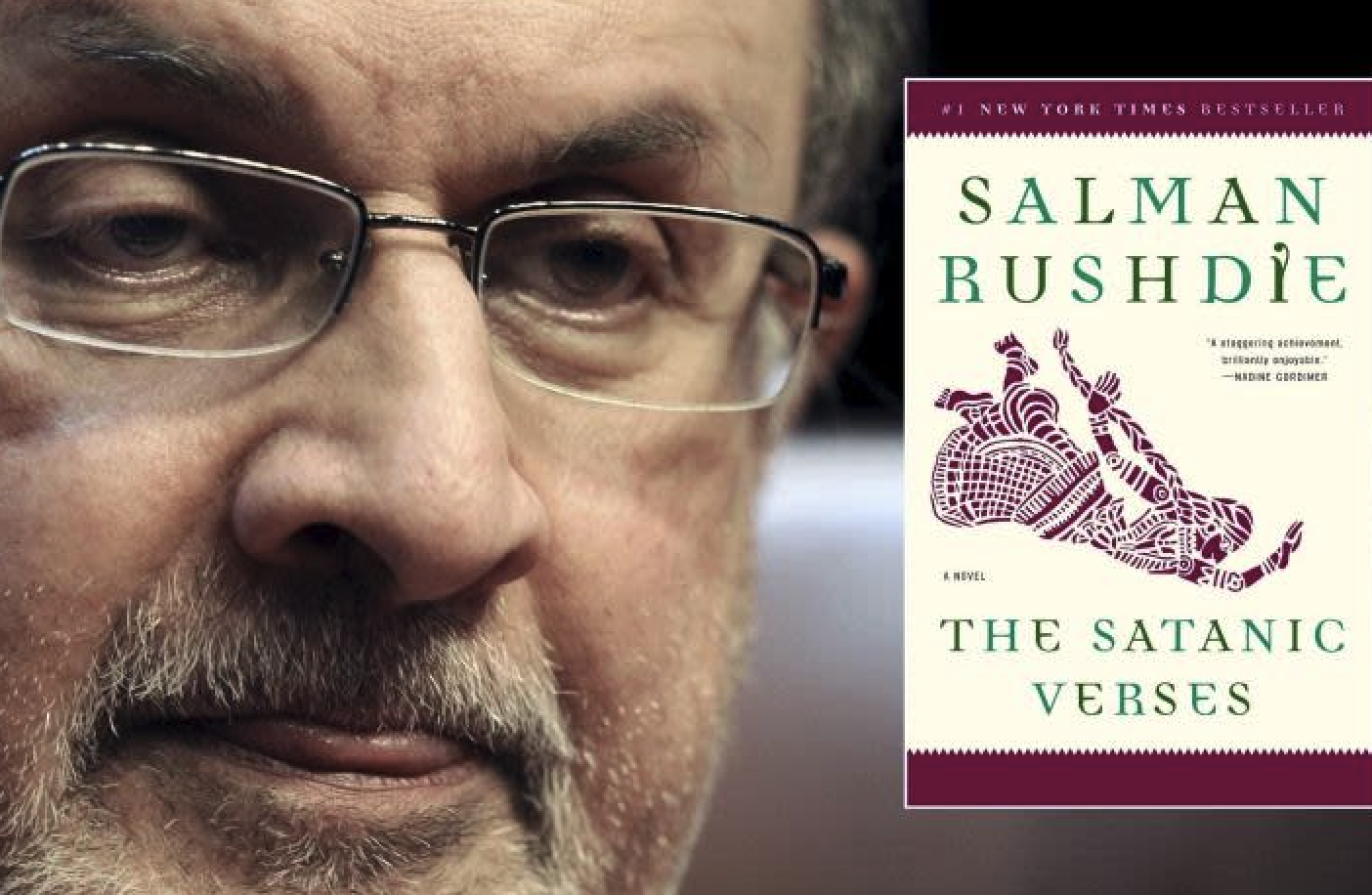Gentle readers, please allow me to start with a short anecdote from about 15 years ago, during the years when I was teaching journalism a few blocks from the U.S. Capitol.
I attended a typical off-the-record think tank forum in which lawyers from church-state groups were talking about rising tensions in public, taxpayer funded, institutions. At one point, someone asked a question that sounded something like this: What should public-schools leaders do when approached by parents who want opt-out choices for their children when faced with class activities that clash with the teachings of their faith?
The question, of course, was linked to tensions between public-school leaders and evangelicals, and maybe traditional Catholics (“traditional” in the FBI meaning of the word).
One lawyer gave an answer that was way ahead of its time: School administrators should look at these people and do everything they can to pretend that these parents are Muslims. In other words, pretend these parents are part of a minority faith that public officials respect (Muslims), as opposed to part of a larger faith group that administrators distrust, fear and possibly even loathe (evangelicals).
This was one of two Beltway anecdotes I shared during this week’s “Crossroads” podcast (click here to tune that in), which focused on a Washington Post story that I have been thinking about during the past week or two. That headline: “Hundreds of Md. parents protest lessons they say offend their faiths.” The Post team appears to have worked hard to keep the main news hook out of that headline and even the lede.
Hundreds of parents demonstrated outside the Montgomery County Board of Education’s meeting … demanding that Maryland’s largest school district allow them to shield their children from books and lessons that contain LGBTQ+ characters.
Still in the dark, right? Keep reading:
The crowd was filled largely with Muslim and Ethiopian Orthodox parents, who say the school system is violating their religious rights protected under the First Amendment by not providing an opt-out. Three families have filed a lawsuit against the school system.









